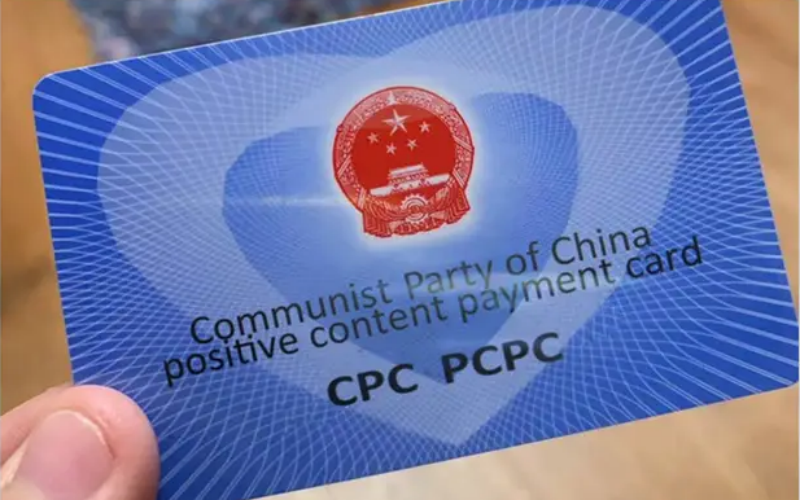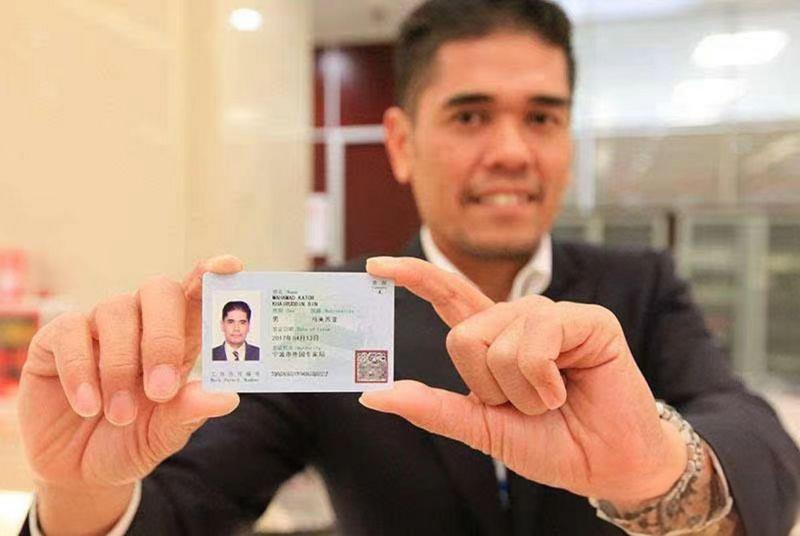All investors in wholly foreign-owned enterprises in China must choose the official investor shareholder of a company. The shareholder can be the ultimate beneficiary of all Chinese companies, or it can be just an intermediary agency, usually called a holding company, which is set up outside China in most cases. By using the holding company as a formal investor shareholder of a wholly foreign-owned enterprise, you can obtain more tax benefits through the holding company as an intermediary holding structure. Then, by selecting the holding company in an area with favorable tax treaties with China, investors will enjoy preferential tax treatment.
Traditionally, investors may obtain certain benefits by ensuring that the location of their holding structure is in a legal jurisdiction that has signed a thoughtful tax treaty with China. Hong Kong is a good example. Although this continues to be the basis for using holding companies when establishing wholly foreign-owned enterprises in China, the analysis may no longer be as simple as it used to be. Countries like the Netherlands, the United Kingdom and Ireland, which are accustomed to foreign investor residence, have managed to negotiate reasonable tax treaties with China, thus eliminating the need to locate their holding companies in countries such as Hong Kong. In fact, the ability to obtain preferential tax benefits has become more difficult.
Another simple reason about the importance of setting up a holding company is that if investors may wish to change WFOE’s shareholders at any later stage (mainly during an asset divestiture or reorganization), then it becomes easier when going outside. Performing this operation in China usually requires tax clearance, a potential formal assessment of the WFOE, and a formal update of the WFOE registration records to the relevant Chinese government agency. In theory, this can easily delay months and generate a large amount of tax liabilities-which needs to be liquidated before the next step, and any changes in shareholders may be prevented by the Chinese government. However, in some jurisdictions, this can be done within a few days.













